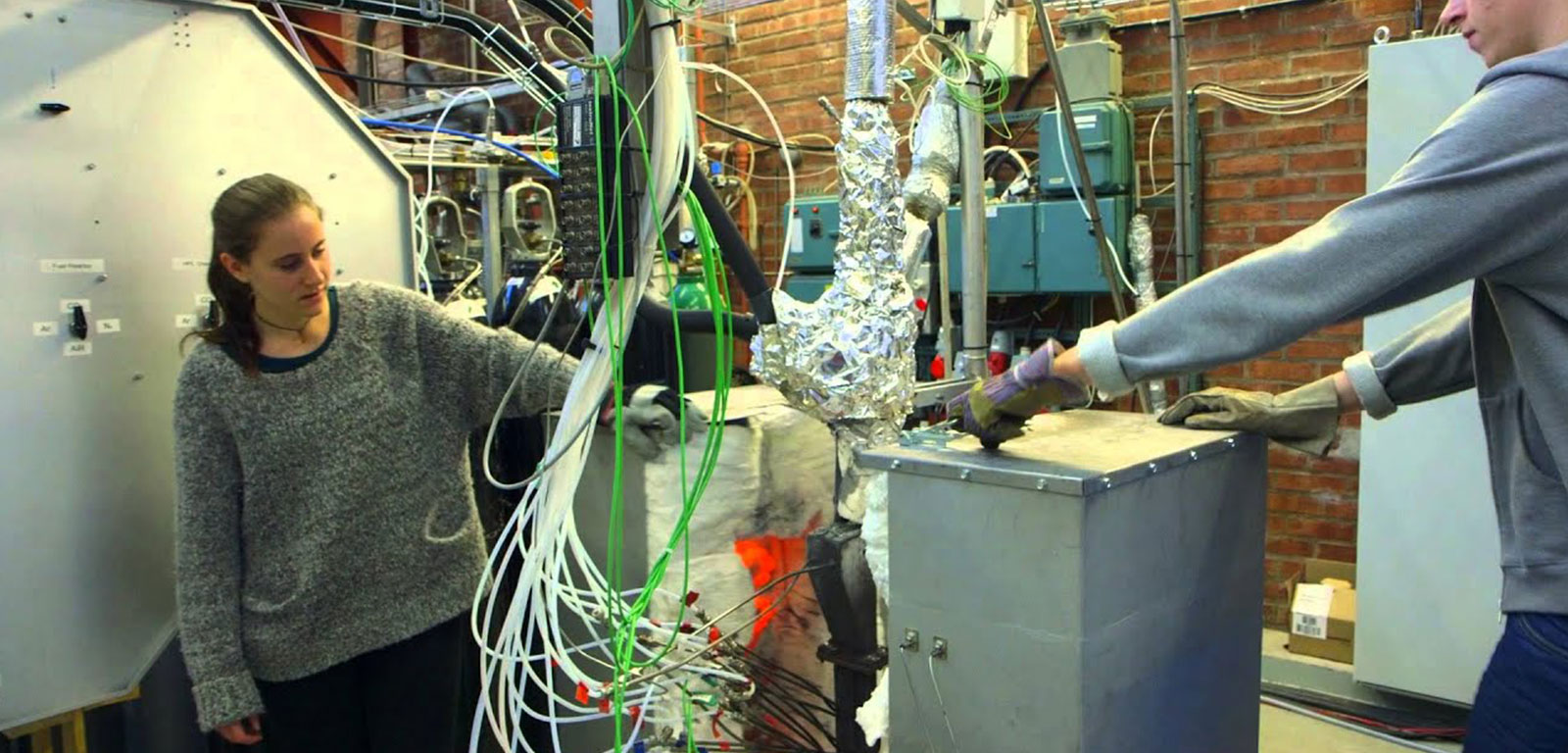

A UK 2:1 honours degree, or its international equivalent, in engineering or physics.
If you apply with a background in another field, you may be accepted if you hold a UK first class honours degree, or its international equivalent, and have studied mathematics to first year undergraduate level, including vectorial calculus (gradients, curls, etc), complex algebra and Fourier transforms. You must also be able to demonstrate a strong interest in the energy sector.
For 2020 entry we accept the following English language qualifications at the grades specified*:
IELTS: total 6.5 (at least 6.0 in each module)
TOEFL-iBT (including Special Home Edition): total 92 (at least 20 in each module). We do not accept TOEFL MyBest Score to meet our English language requirements.
PTE Academic: total 61 (at least 56 in each of the "Communicative Skills" sections)
CAE and CPE: total 176 (at least 169 in each module)
Trinity ISE: ISE II with a distinction in all four components
For 2021 entry we will accept the following English language qualifications at the grades specified*:
IELTS: total 6.5 (at least 6.0 in each module)
TOEFL-iBT (including Special Home Edition): total 92 (at least 20 in each module). We do not accept TOEFL MyBest Score to meet our English language requirements.
CAE and CPE: total 176 (at least 169 in each module)
Trinity ISE: ISE II with a distinction in all four components
*(Revised 21 February 2020 to remove PTE Academic from 2021 entry requirements. Revised 21 April 2020 to include TOEFL-iBT Special Home Edition in 2020 and 2021 entry requirements.)
Your English language qualification must be no more than three and a half years old from the start date of the programme you are applying to study, unless you are using IELTS, TOEFL, PTE Academic or Trinity ISE, in which case it must be no more than two years old.
This internationally renowned degree, based within a world-leading renewable energy research group, equips graduates and professionals with a broad and robust training.
Wind, marine and solar energy technologies are covered, as well as the wider environment in which they are to fit, including: resource assessment; energy production, delivery and consumption; efficiency; sustainability; economics, policy and regulation.
In addition, our MSc students actively engage in research as part of their dissertation projects either within the Institute for Energy Systems or with industry, with some joining our PhD community afterwards.
This programme is affiliated with the University's Global Environment & Society Academy.
Global Environment & Society Academy
This programme is accredited as counting towards further learning (FL), as a requisite in the educational base for a Chartered Engineering (CEng).
More info: Click here
Semester 1
Compulsory courses:
Technologies for Sustainable Energy
Energy and Environmental Economics
Engineering Research Methods with Grand Challenge (MSc)
Plus one of:
Electrical Engineering Fundamentals of Renewable Energy
Mechanical Engineering Fundamentals of Renewable Energy
All students will also choose 20 credits of optional courses from the Schools of Engineering, GeoSciences, Business School, and Social and Political Science and Edinburgh College of Art.
Semester 2
Compulsory courses*:
Solar Energy & Photovoltaic Systems (MSc)
Principles of Wind Energy (MSc)
Marine Energy (MSc)
All students will also choose 30 credits of optional courses from the Schools of Engineering, GeoSciences, Business School, and Social and Political Science and Edinburgh College of Art. A list of optional courses will be confirmed at the beginning of the academic year.
*(Revised 21 May 2020 to include more Semester 2 compulsory courses.)
Find out more about compulsory and optional courses
We link to the latest information available. Please note that this may be for a previous academic year and should be considered indicative.

Graduates go on to a wide range of activities in industry, public organisations or academia. The MSc has well established links with industry, with many graduates finding employment with leading national and international companies involved with energy, consultancy and engineering. Recent graduates are now working as civil, structural, automotive, subsea and electrical engineers and as power systems, energy and environment and renewable energy consultants. Employing firms include Arup, Alston, Avery, Dennison, GE, Schneider, SSE and Scottish Power.
